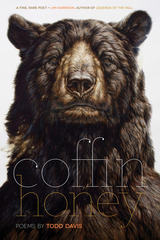

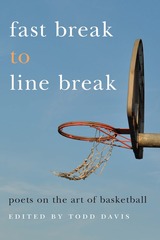
If baseball is the sport of nostalgic prose, basketball’s movement, myths, and culture are truly at home in verse. In this extraordinary collection of essays, poets meditate on what basketball means to them: how it has changed their perspective on the craft of poetry; how it informs their sense of language, the body, and human connectedness; how their love of the sport made a difference in the creation of their poems and in the lives they live beyond the margins. Walt Whitman saw the origins of poetry as communal, oral myth making. The same could be said of basketball, which is the beating heart of so many neighborhoods and communities in this country and around the world. On the court and on the page, this “poetry in motion” can be a force of change and inspiration, leaving devoted fans wonderstruck.
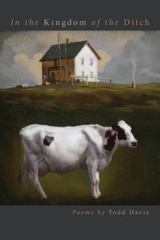

In his third collection of poems Todd Davis advises us that "the only corruption comes / in not loving this life enough." Over the course of this masterful and heartfelt book it becomes clear that Davis not only loves the life he's been given, but also believes that the ravishing desire of this world can offer hope, and even joy, however it might be negotiated.
Drawing upon a range of stories from the Christian, Transcendental, and Asian traditions, as well as from his own deep understanding of the natural world, Davis explores the connection between the visible and invisible worlds, or what Pierre Teilhard de Chardin called "the incandescent surface of matter plunged in God."
A direct poetic descendant of Walt Whitman, Davis invites us to sing "the songs we collect in the hymnals of our flesh- / impromptu, a cappella, our mouths flung open / in a great wide O."
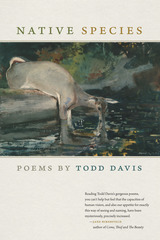
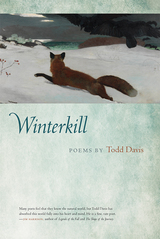
READERS
Browse our collection.
PUBLISHERS
See BiblioVault's publisher services.
STUDENT SERVICES
Files for college accessibility offices.
UChicago Accessibility Resources
home | accessibility | search | about | contact us
BiblioVault ® 2001 - 2024
The University of Chicago Press









